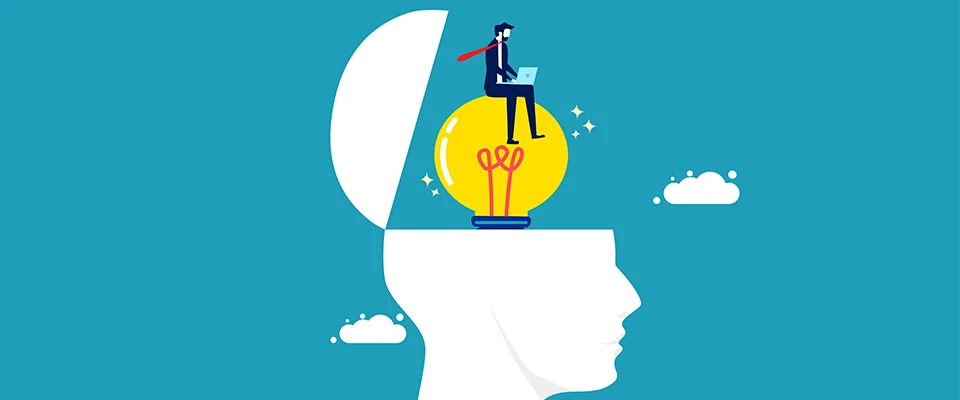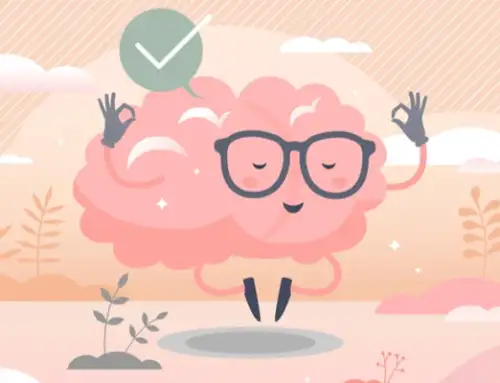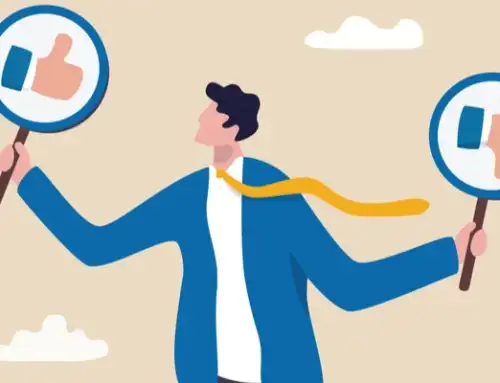Metacognition: A True Asset for Learning
We all engage in metacognition daily, often without fully realizing it, and developing it is one of the best ways to enhance the quality of our learning. Introduced in the 1970s by American psychologist John H. Flavell, this concept has since been explored in depth by many researchers, and its principles remain relevant today. According to Flavell*, metacognition refers to an individual’s knowledge about their own cognitive processes and products, involving active control, regulation, and orchestration of these processes. Subsequent scholars have expanded upon this notion, enriching its understanding and applications. Here are ten key points to better comprehend this essential faculty for optimizing your learning.
- Beyond Cognition
“Cognition” refers to all processes related to our mental faculties, such as attention, memory, reasoning, conceptualization, etc. It allows us to acquire information about our environment and process it to guide our behaviour. The prefix “meta,” meaning “beyond,” also evokes reflection, participation, succession, and change. - Active Awareness
Unlike cognition, the processes involved in metacognition are conscious and often controlled. It is a form of reflection on how we think, learn, and solve problems (Yzerbyt, Lories, and Dardenne, 1998). - More Than an Action on Cognition
Metacognition is not merely an action performed on cognition but rather a reflective process, whether expressed verbally or not, that is triggered when the learner perceives a situation as a challenge to solve. This process also involves making sense of the environment or the problem faced. - Not Just Rational
Like cognition, metacognition involves not only our so-called “rational” mental faculties but also our motivation and emotions. These elements directly influence how we approach our learning and reflections. - Identifying Errors and Successes
Metacognition allows us to detect our errors, analyze our successes, and understand the underlying reasons for our achievements or failures. It is an essential key to progress. - Continuous Development
While metacognition begins to develop in childhood, it can be strengthened throughout life. It’s never too late to work on this ability. - Essential for Complex Learning
As soon as we attempt to learn something new that goes beyond simple automation, our metacognition is mobilized. This occurs in any task that requires planning or reflective self-evaluation. - Metacognition and Practical Tasks
Metacognition doesn’t concern only abstract tasks. It also applies to more “manual” activities. For example, assembling a flat-pack piece of furniture requires reactivating prior knowledge, organizing the process, and planning the necessary actions to successfully reach the final goal. - A Nuance to Know
Although metacognition is sometimes associated with the notion of “learning to learn,” it is more accurate to summarize it as a set of “cognitions about our cognitions” or “knowledge of our own cognitive processes.” - A Lever for Autonomy and Success
By developing your metacognitive skills, you can improve the quality of your learning as well as your autonomy as a learner. These two competencies are essential for succeeding in self-directed learning and online education, where self-discipline and the ability to manage your own learning are crucial.
Metacognition is a key ability to optimize the effectiveness of your learning because it helps you better understand your mental processes, identify your errors, and adjust your learning strategies. By working on this skill, you empower yourself to become a more autonomous and efficient learner.
*Flavell cited by Doly, 1997.



